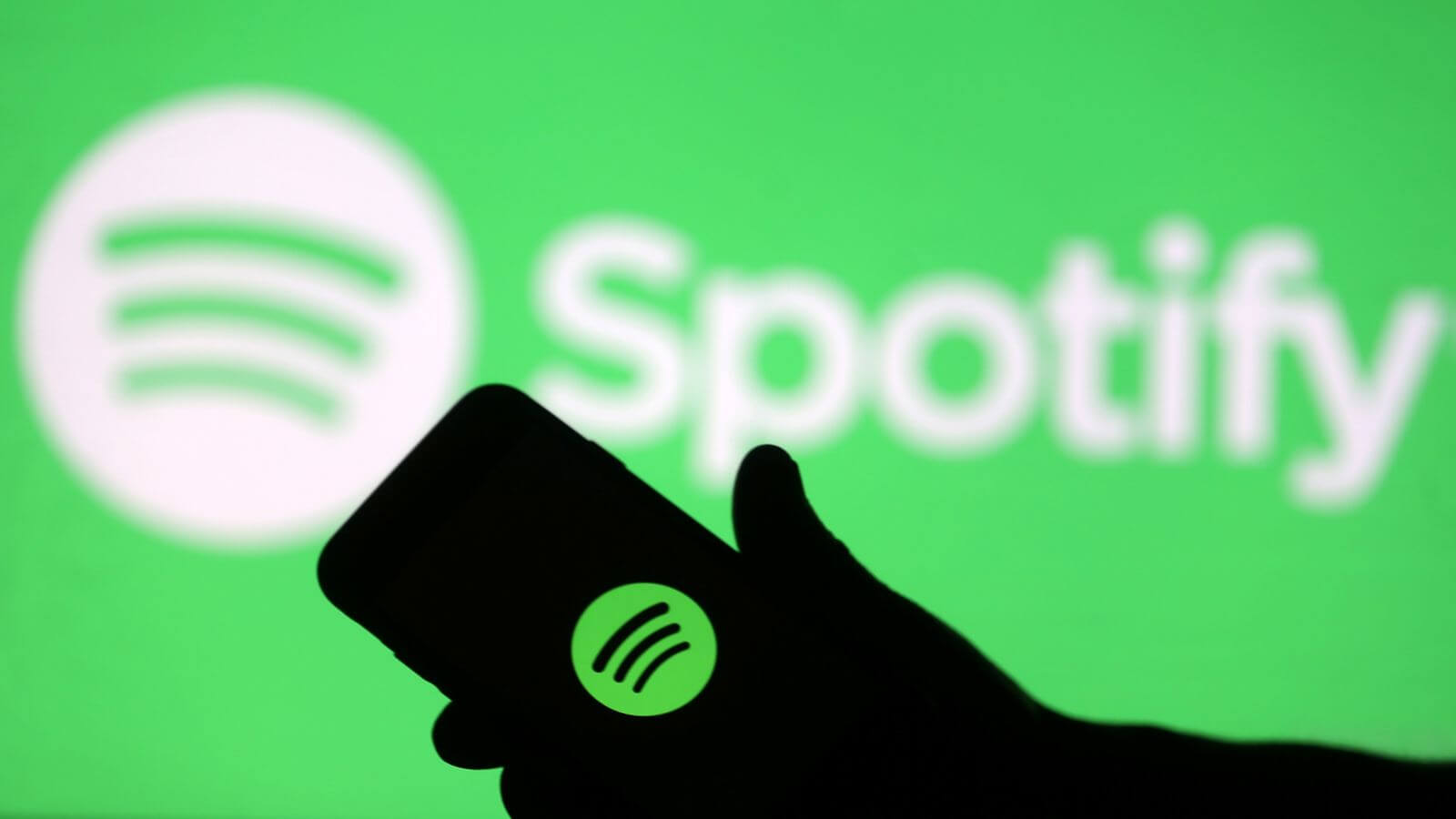Spotify has introduced an AI-powered Voice Translation tool: reach audiences in different countries!
Image Credit: Sky News
Spotify has introduced an AI-powered Voice Translation tool aimed at increasing podcast accessibility for audiences worldwide.
Described as “groundbreaking” by Spotify, the Voice Translation tool allows podcasters to translate their content into multiple languages while retaining the original podcaster’s voice.
Spotify Voice Translation tool
Spotify announced its pilot program for this new AI-powered Voice Translation tool in a press release on September 25.
The streaming giant announced it has collaborated with prominent podcasters such as Dax Shepard, Monica Padman, Lex Fridman, Bill Simmons, and Steven Bartlett to generate AI-powered voice translations in languages including Spanish, French, and German.
This initiative aims to make podcasts more inclusive and accessible to a global audience.
Spotify’s Voice Translation tool leverages voice generation technology from OpenAI, the creators of ChatGPT. OpenAI’s technology generates human-like audio from text and a few seconds of sample speech, making it possible for Spotify to replicate the podcaster’s voice when translating episodes into other languages.
The translated podcasts aim to maintain the original speaker’s style and voice, providing listeners with an authentic experience that traditional dubbing cannot replicate. Ultimately, the technology represents a significant step forward and hopes to bridge language barriers, allowing podcasters to connect with diverse audiences worldwide.
The initial release of translated episodes will be available to both Spotify Premium and Free users worldwide. Spanish translations will be the first to roll out, with French and German translations following in the coming weeks. Additionally, Spotify plans to extend this technology to include more podcasts, such as “The Rewatchables” and Trevor Noah’s upcoming original podcast.
Ziad Sultan, Spotify’s VP of Personalization, emphasized the power of Voice Translation in fostering connections between creators and listeners. He stated, “We believe that a thoughtful approach to AI can help build deeper connections between listeners and creators, a key component of Spotify’s mission to unlock the potential of human creativity.”
Spotify’s Voice Translation tool represents the company’s latest foray into the realm of artificial intelligence-powered audio innovations. Earlier this year, Spotify introduced an AI “DJ” feature that curates playlists and provides commentary on tracks and artists, narrated by a realistic AI voice.
While this technology marks a significant advancement in podcast accessibility and localization, it also raises questions about the potential application of similar AI voice-cloning technology for musicians and artists in the future.
As Spotify continues to refine and expand its AI-driven features, it underscores the platform’s commitment to enhancing the podcast and music streaming experience for users worldwide. The Voice Translation tool signifies a step forward in realizing Spotify’s vision of breaking down language barriers and fostering a more inclusive audio entertainment ecosystem.

